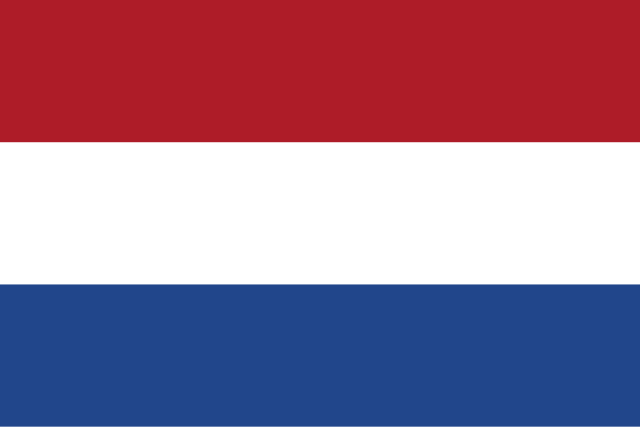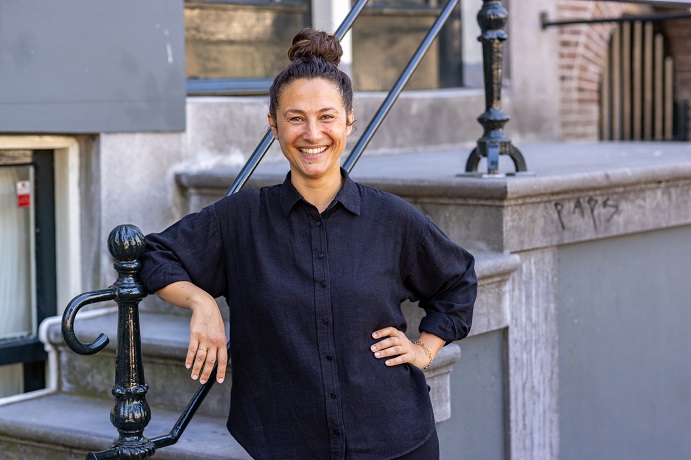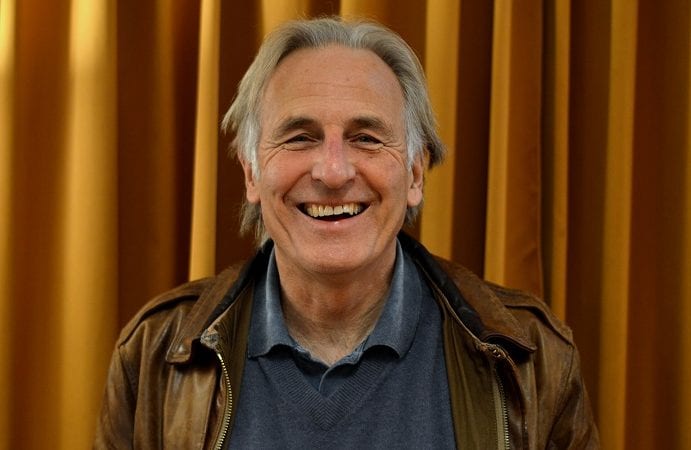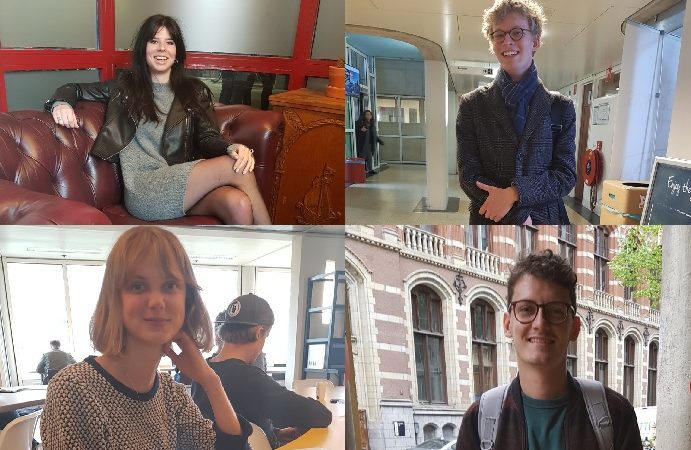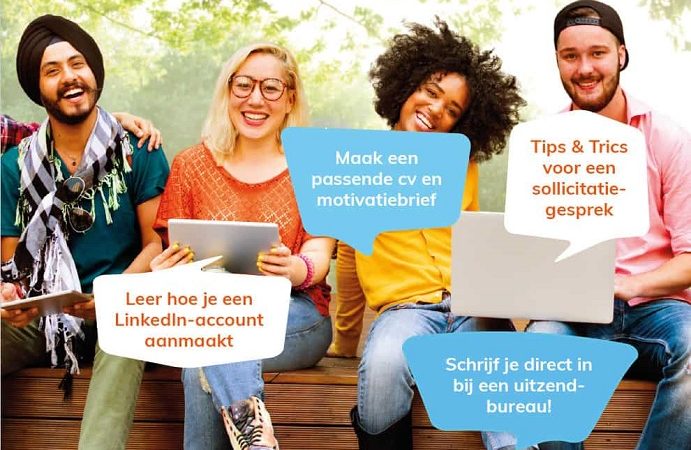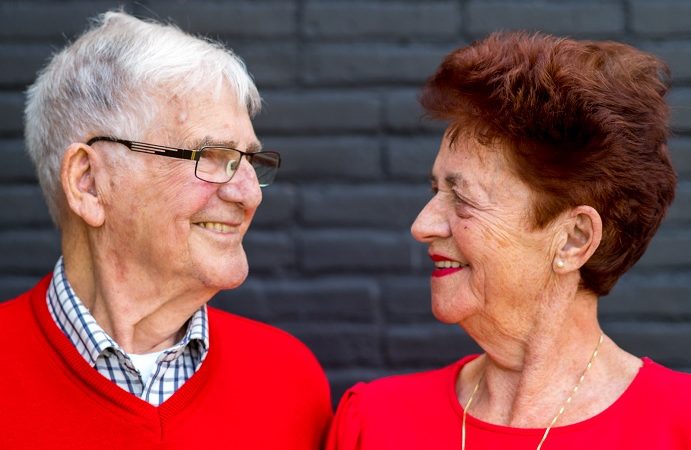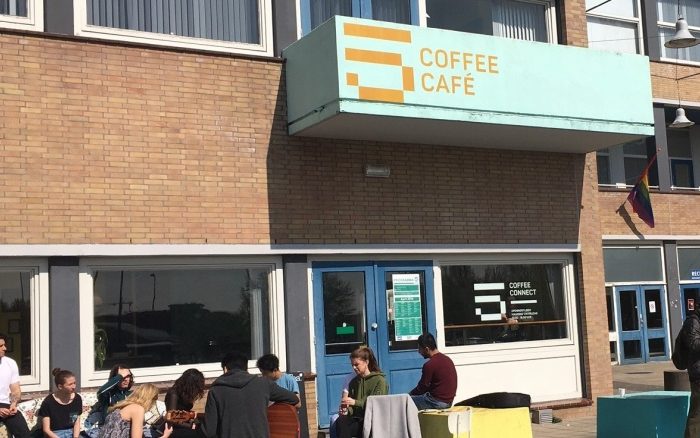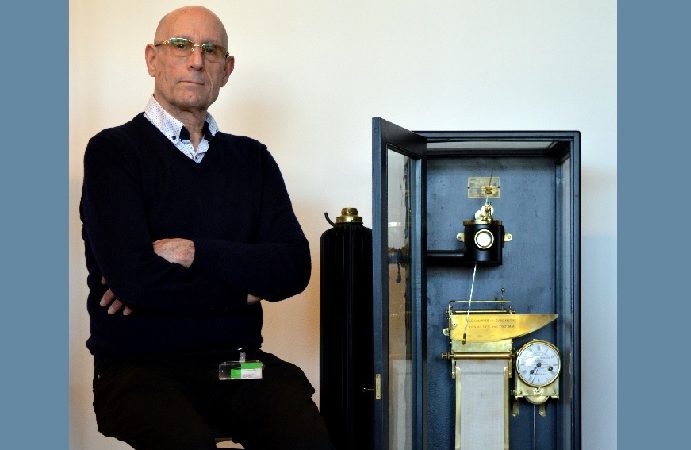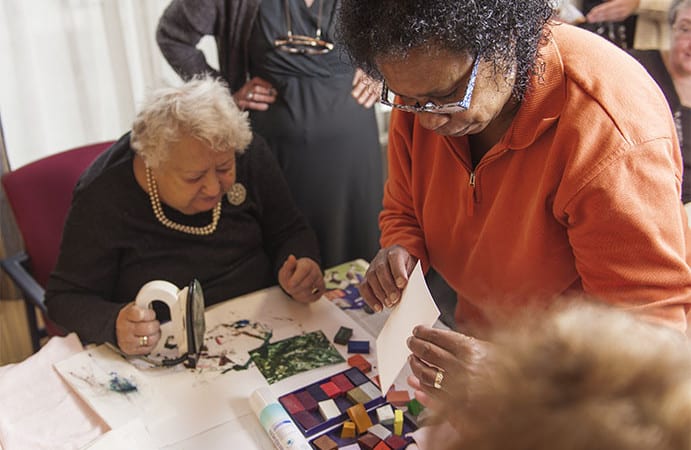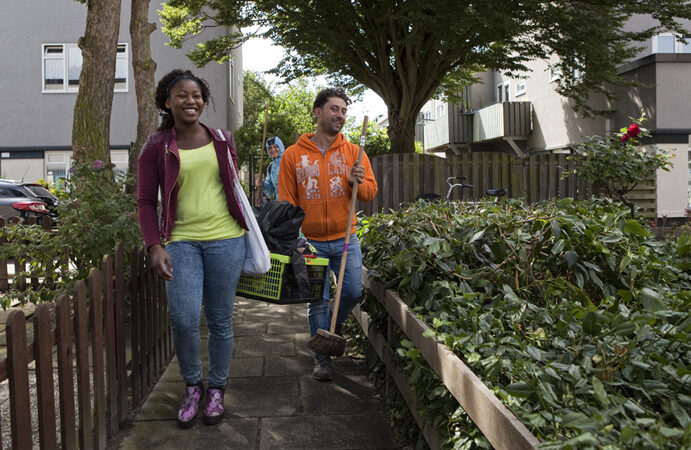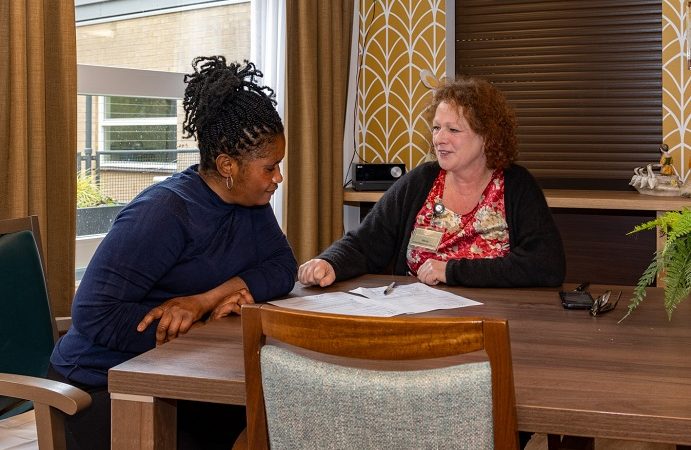Housing association De Samenwerking made three homes in the South available to refugees with official status. Some neighbors took on the role of providing support. Syrian refugee Shams and mentor Harry share their experiences.
“With the Habognatat foundation, we help Eritrean women to further develop”
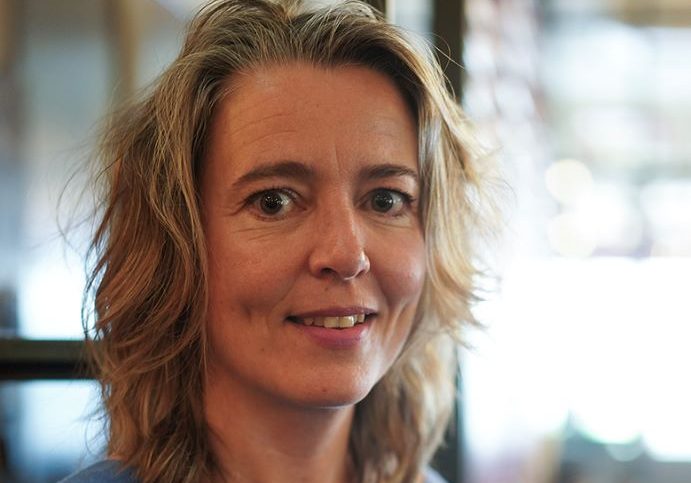
Two and a half years ago, Els Streefkerk started the project Habognatat in Amsterdam Nieuw-West. This project offers Eritrean women in Amsterdam an additional opportunity to develop themselves in various areas.Habognatat is a sub-project of the Ykeallo foundation. This foundation guides and supports status holders – mostly Eritreans – in Amsterdam during their integration process. Els was asked by Mek Ykeallo, the founder of the Ykeallo foundation, to start Habognatat. His assignment to her was: “Just start, and the requests for help will naturally come about.” And so it happened!
Expand the world
At Habognatat, the founders give participants the space to indicate their needs themselves. This has led to Habognatat becoming a beacon for mainly Eritrean women who are studying in the healthcare sector. Two afternoons a week, on Wednesday and Friday, these women are welcome at handball canteen Westsite. They are assisted with their school assignments and learning the Dutch language. In addition, they engage in activities with a number of Dutch people to broaden their horizons and develop themselves more generally within Dutch society. And, most importantly: at Habognatat, there is always someone who offers a listening ear.
Important place for newcomers
When a severe fire broke out in Riekerhaven a few months ago, a container complex where many newcomers live, it became painfully clear how important places like Ykeallo and Habognatat are for newcomers. Els: “People who have already experienced so much, lost their home again. Fortunately, we were able to accommodate them in the handball canteen and search for a solution together. Founder Mek provided food and was back in the kitchen cooking as usual. There was a particularly warm sense of solidarity.”
Strong persevering people
The word ‘Habognatat’ is Tigrinya or Eritrean and means ‘resilient people’. That is exactly what characterizes these Eritrean newcomers. “When you realize what these people have had to give up and endure to come here, you are amazed by their strength and resilience,” Els believes. “The harsh truth is that no one comes by plane. Nevertheless, the newcomers are incredibly ambitious; in addition to an education in healthcare, a large part of them also simultaneously obtain a driver’s license and a swimming diploma. Even though these women have been through a lot, they do not identify themselves with their misery. You are not a refugee, it is a fate that befalls you.”
Even more respect
Despite their fate, these women dare to look forward and fight hard for their own future. Although the concept of Habognatat is widely used by both the participants of the foundation and the Dutch volunteers to describe the brave newcomers, Els herself does not speak Tigrinya. “When you see how complicated it is to learn such a foreign language, which is nothing like the languages of neighboring countries, you gain even more respect for these women who quickly make Dutch their own.”
We- versus I-culture
In addition to language, there are also other differences between cultures. In most African countries, including Eritrea, it is very common to take care of the elderly in one’s own environment. Eritreans find it strange that in the Netherlands one needs to obtain a diploma for this. Their collectivist culture is in stark contrast to our individualistic culture. Nevertheless, Eritrean women are extremely delighted when they have obtained their basic qualification.
A different view of the world
“I do struggle with the term ‘volunteer’,” Els explains. “I find volunteer work beautiful and important, and I also enjoy doing voluntary work myself. However, I prefer not to use that term myself. In practice, it often feels like there is an inequality between the receiver and the giver. That’s why I prefer the term ‘supporter.’ Volunteer work not only offers a lot to the receivers, but also to the supporters themselves.” Els experiences this herself. Not only has she made new friendships, she has also learned how resilient and brave people can be, and how privileged we are here in the Netherlands. Additionally, it feels very rewarding to see the people you help grow and develop,” she explains. “Through volunteer work, you gain a whole new world and meet people you wouldn’t otherwise come into contact with so easily. You really get a different view of the world.”
Voluntary but not optional
Also, the term ‘volunteer’ can give the idea that the work is optional; an activity where you can join, but just as easily leave. “Inherent to volunteering is a high turnover, because people know they can easily stop their volunteer activities. To a certain extent, this is true, but it does make it difficult to build a stable group with familiar faces.” When asked who the supportive role would suit well, Els firmly answers: “Everyone! Of course, it’s helpful if you have an affinity for the Dutch language, and a background in healthcare would be even more fantastic, but anyone who wants to contribute is more than welcome.”
Online language cafés
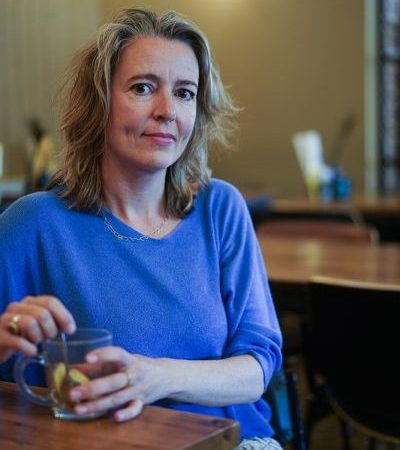 In addition to her work at Habognatat, Els also leads her own volunteer project: “Tell ‘es.” In online language cafes, Els, along with other supporters, helps improve the speaking skills of newcomers who already have a good command of the Dutch language. Thanks to thepodcastthanks to the podcast by Lex Bohlmeijer, 15 online language cafés have been established in the past six months, from Groningen to Roermond. In these cafés, trainers from Vertel ‘es offer their language café for free and engage weekly in conversations with a maximum of 10 newcomers on topics that concern us all, such as parenting and friendship.
In addition to her work at Habognatat, Els also leads her own volunteer project: “Tell ‘es.” In online language cafes, Els, along with other supporters, helps improve the speaking skills of newcomers who already have a good command of the Dutch language. Thanks to thepodcastthanks to the podcast by Lex Bohlmeijer, 15 online language cafés have been established in the past six months, from Groningen to Roermond. In these cafés, trainers from Vertel ‘es offer their language café for free and engage weekly in conversations with a maximum of 10 newcomers on topics that concern us all, such as parenting and friendship.
Habognatat Foundation is still looking for new volunteers. Interested? Check out thejob vacancyHello!Text: Lisa van Egmond
Photo: Jackie Mulder
